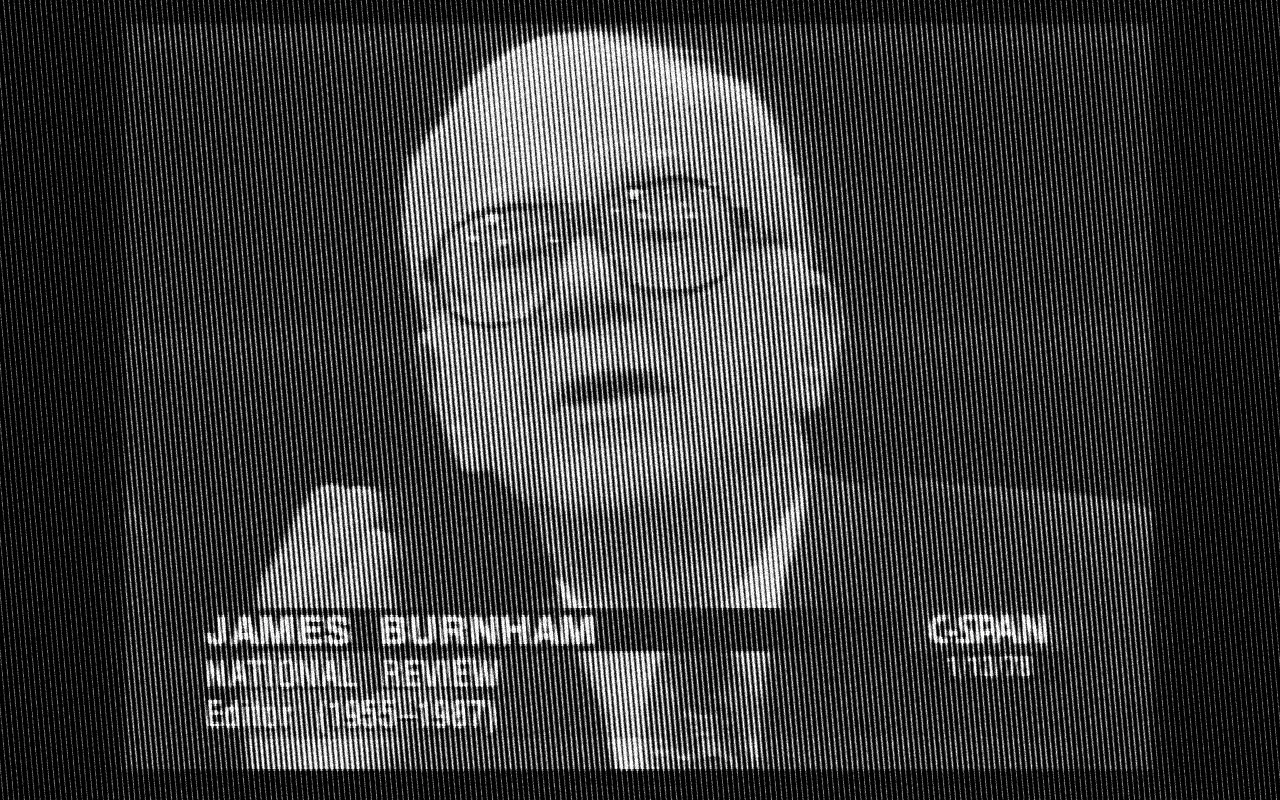
The workers of the world never united.
But Marx was correct to observe that liberal capitalism is beset by stubborn contradictions.
As technology continues to accelerate, we see on the horizon neither universal transhumanist utopia nor managed decline. We see technology facilitating the resolution of liberal modernity’s contradictions in a more nuanced way.
It won't come through violent revolution but through a gradual, peaceful revolution already underway.
To fully appreciate these subtle tendencies at work, we first need to answer: What ever happened to capitalism, anyway?
The Managerial Revolution
Today, Western countries are governed by a bizarre and obscure system of government, characterized by massive government spending, unsustainable public debt burdens, oligarchic financial engineering, and increasingly deranged ideological agendas.
It's no longer capitalism, but it's certainly not Marx's utopian vision of socialism, either. So what is the system of government we live under?
It's best understood as managerialism, and it was most systematically described and diagnosed in 1941 by the political theorist James Burnham.
In The Managerial Revolution, Burnham argued that both Marx and the naive Liberal were wrong.
The contradictions of liberal capitalism would not give way to socialism, but neither would they permit the continuation of liberal capitalism.
The system of private property would be abolished through a kind of revolutionary vanguard, but it would be composed of managers rather than workers.
Marx envisioned that the contradictions of liberal capitalism would be resolved by industrial workers wielding cannons in the streets, as they did for three short months in the Paris Commune of 1871. But Burnham got it right: The contradictions of liberal capitalism would instead be managed by gray suits wielding Master's degrees. The Federal Reserve, DEI, the WEF, you name it: Marx was wrong and Burnham was right.
Managerialism Enters Thermidor
Because the Managerial Revolution only papered over the contradictions of liberal modernity, Western civilization remains fundamentally unstable. So what happens next?
Towards the end of the French Revolution—on 9 Thermidor, Year II in the new French calendar—the population had grown exhausted by Robespierre's infamous Reign of Terror. After almost a year of popular support, the public's appetite for murder finally waned, as evidenced by a parliamentary revolt. Days after his arrest, Robespierre was executed by guillotine, the very technology he wielded against thousands of "public enemies."
The Managerial Revolution has now entered its Thermidor period, as so many events in recent years indicate. The public is fed up with our increasingly arrogant, meddling, extractive, and deranged class of preachy middlemen, who are no longer necessary thanks to the recent appearance of self-enforcing economic and legal infrastructure (e.g. distributed ledgers, smart contracts, etc.).
The distributed ledger will eradicate the concept of the manager no less comprehensively than the printing press eradicated the concept of the scribe.
The Entrepreneurial State
As with the printing press, the distributed ledger may take a long time to fully realize its destiny.
Just as we had secretaries and stenographers well into the twentieth century, long after the term "scribe" became archaic, specialized kinds of "managers" will persist. But their days are numbered; it will not be too long until the worst excesses of managerialism are dispatched. And we will have no pity.
The far future is uncertain, but after the complete liquidation of the managerial class, it is not implausible that "the economy" of a fully developed and free society is composed of nothing other than automated systems and entrepreneurship (to modify the automated systems, as entrepreneurship is essentially the creative human spark plus a will to execute modifications).
When the potential of the distributed ledger is fully realized, we do not expect Marx's universal utopia. We expect the advent of something better, more true: a great revealing, the abolition of unnecessary meddling, and secure prosperity for the creative, intelligent, and hard-working.
